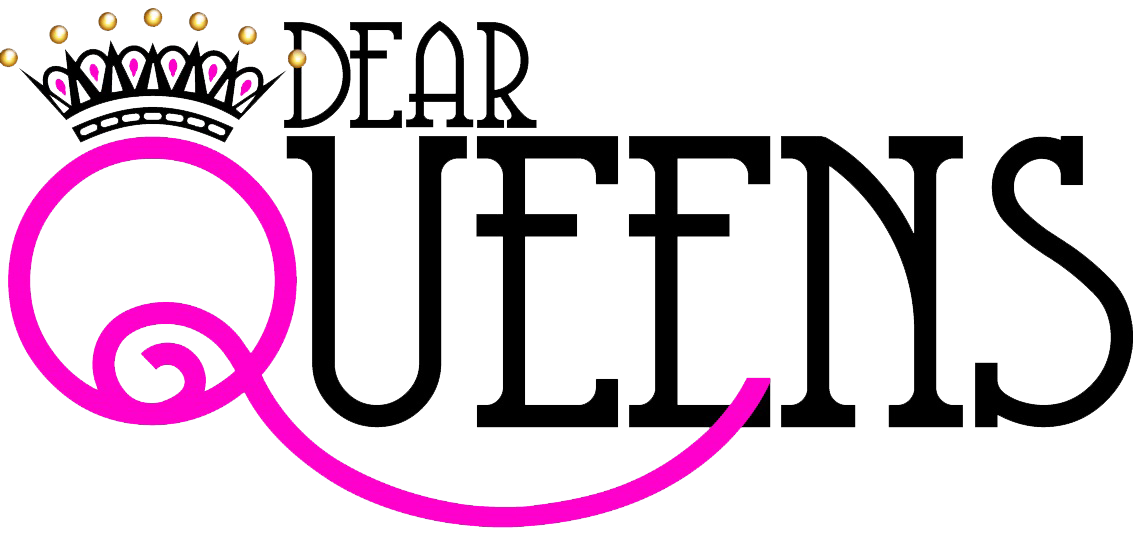On Grief and Loss
I was going to start my April posts off differently, but the brutal assassination of rapper and community activist, Nipsey Hussle, haunts me. Like much of the black community, I’ve been grieving since Sunday.
I watched the videos.
All of them.
I watched how the killer pulled his gun, shot Nipsey (and two other victims), doubled back to shoot Nipsey once more, and then came back one last time to brutally finish him off with another shot and a kick to the head. I watched the video of Nipsey’s partner, Lauren London, arriving at the hospital asking if her husband was okay. I heard the fear in her voice before she ran back to what I’d assume was his hospital room – searching for a truth that social media had already begun communicating.
I read the caption of his bodyguard J-Roc deciding to retire from that line of work, a gut-wrenching post from Lauren about losing her “sanctuary”, and his brother recount Nipsey’s last moments imagining the pain Nipsey felt as he took his final breaths. I scrolled through the social media commentary, experiencing the power Nipsey had on the lives of so many, constantly replaying the videos in my head. It hurts. It’s painful. But the grief I feel is nothing compared to those who actually knew him – those whose lives he touched by personal affiliation or community involvement. The people who were actually his friends, family, and fans.
I’m far removed but his murder struck me hard.
I wake up and go to sleep thinking of Lauren London. Thinking of Nipsey’s babies. Thinking of what life will now look like for them. I can’t keep myself from crying—and praying. The brutality of what happened to Nipsey isn’t foreign to our community. As evidenced by Candice Benbow’s piece about the sisterhood of women who’ve lost loved ones, this reality is all too common.
For those of us not directly affected by this loss – or the countless others – we get to carry on with our lives. We get to visit memorials and be reminded of the loved ones’ greatest contributions. We get to sing songs and post RIP hashtags on social media. We get to, one day, wipe our tears for good.
But for those whose lives are directly impacted, grief like this doesn’t disappear. It doesn’t just go away. It sticks with you forever and is triggered in different moments by different memories. It sits with you as you recall the best jokes you shared and the worst arguments you struggled to get over. It marinates as life happens and you dial the number of the person you lost, before remembering the grueling reality that they’re gone.
Grief like this is with you for the long haul.
I can’t tell you how to get rid of it. I can’t tell you what self-care practices will best alleviate the pain you feel. I can’t even tell you the first step toward healing from a pain that cuts so deep; I’m still trying to figure that out myself. But what I do know – as a woman of faith – is that in the midst of your winter season, their spring has come. That while you’re waiting for the sun to shine again, they are basking in it. That despite your agonizing heartbreak, they are finally okay.
I know that as the storm passes, and the weather changes, you’ll feel the smile of Nipsey, or grandma, or Uncle Percy gleaming on the back of your neck. You’ll sense them laughing with you and playing with you; protecting you and guiding you; celebrating you and supporting you. You’ll probably be creeped out a little, but you’ll realize that they’re alright. You’ll realize that despite the brutality, or suddenness, or longstanding pain of their passing, that they are no longer hurting. You’ll grow to understand that they’re in the safest place they can be – away from the cruelty of this world.

